
170,000+ games · 50+ stores · PC, Xbox, PlayStation & Nintendo
Unofficial Keyshops:
Currency:
USD
English
Sign in to track your wishlist, get deal alerts, and see recommendations tailored to your platforms.
Sign inCreate a free account and unlock the full power of Gamers Unchained.
Frequently Asked Questions
Gamers Unchained is a platform dedicated to helping gamers find the best deals on PC video games. We track discounts from various sources, including Steam and other digital storefronts, ensuring you never miss a great deal.
We aggregate game prices from multiple sources and highlight the best discounts available. Simply browse our site to find the latest deals on your favorite PC games.
Yes! Our platform is completely free to use. We aim to help gamers save money without any hidden fees or subscriptions.
No, we do not sell games ourselves. We provide links to trusted retailers where you can purchase games at discounted prices.
Our deals are updated regularly to reflect the latest discounts and sales. Check back often to find new deals.
We are working on features that will allow users to set up deal alerts for specific games. Stay tuned for updates!
While we feature many Steam sales, we also track discounts from other PC gaming platforms, including Epic Games Store, GOG, and more.
Some discounts may vary based on your region. We recommend checking the store’s official website for exact pricing in your country.
You can support us by spreading the word, sharing deals with friends, and following us on social media. Some of our links may also be affiliate links, which means we earn a small commission at no extra cost to you.
This website uses cookies to enhance your browsing experience, analyze site traffic, and personalize content. By using this site, you agree to the use of cookies.
Unofficial Keyshops:
Enabled
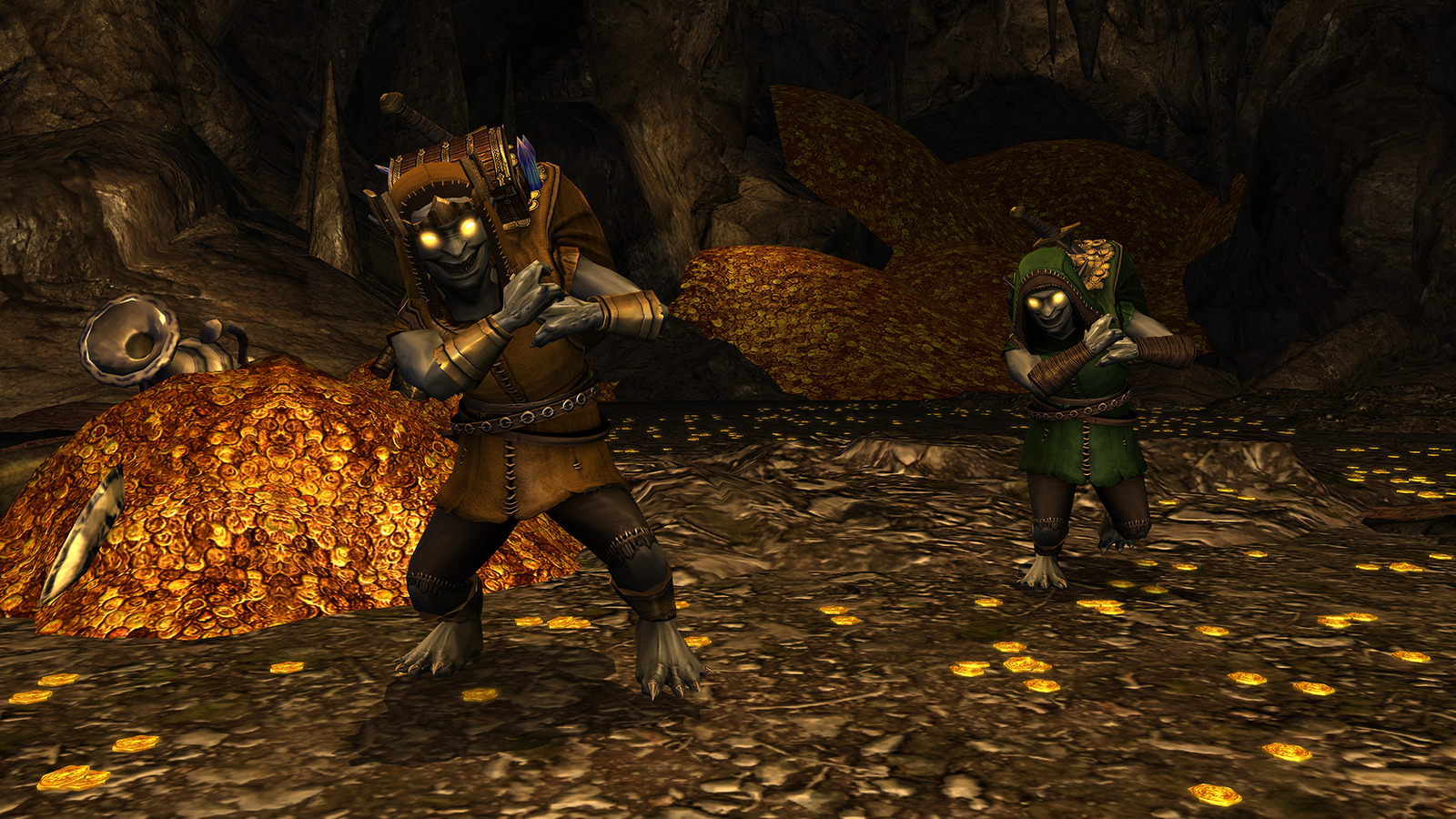
When it comes to free-to-play MMORPGs, we get to dive into these massive worlds and go on endless adventures at no cost. However, there needs to be some form of monetization to keep the lights on. Some come off as harmless, while others can feel manipulative. Let us take a look at the different kinds of systems, along with examples.
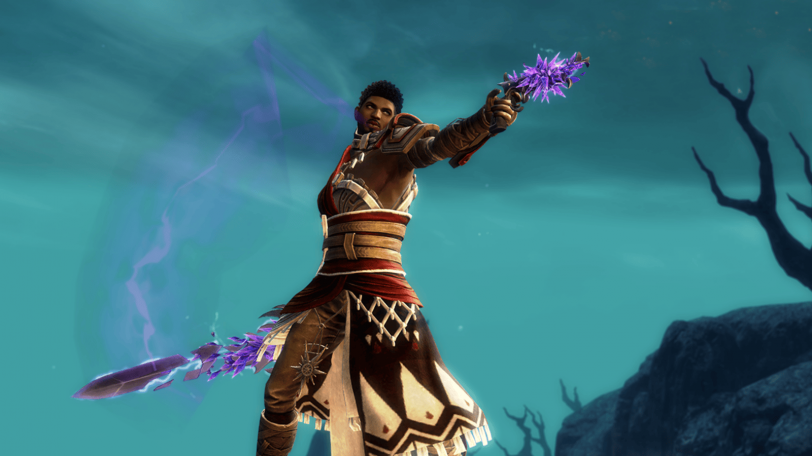
The most common (and often most accepted) form of monetization is cosmetics. These do not affect gameplay balance but allow players to customize how their characters look. Guild Wars 2 offers outfits, dyes, gliders, and mounts for purchase through Gems (the premium currency). You are not more powerful with these items whatsoever. Your fashion could be on another level, though. That is the tradeoff.
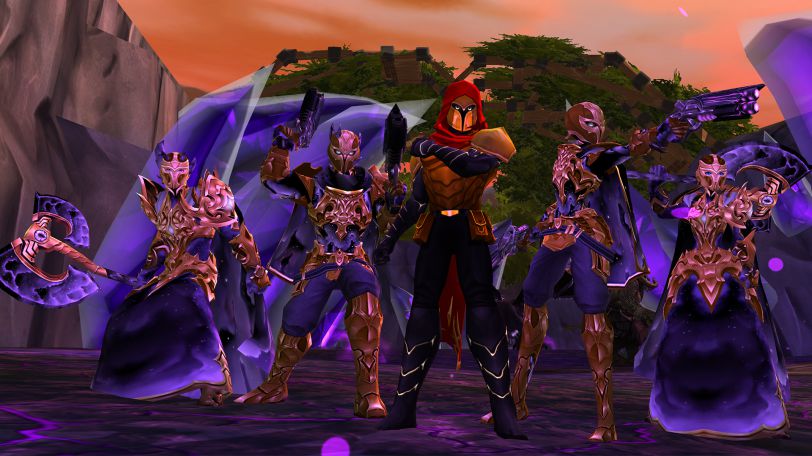
Another common form of monetization is convenience. We are talking about things like extra inventory slots and teleport scrolls. One saves you time by reducing the need to run back to town to vendor and store items, while the other saves you time traveling to your next destination. These features can blur into pay-to-win territory if not balanced carefully, such as with experience boosts. AdventureQuest 3D sells all three of these things. These perks appeal to players who are short on time, yet they tend to create tension within the community between those who grind and those who spend.

Free-to-play MMORPGs have adopted the battle pass model popularized by games like Fortnite. Throne and Liberty contains seasonal progression systems that reward players for completing daily or weekly objectives, offering cosmetic items, boosts, or premium currency along the way. There is a paid version that grants even more rewards. While these battle passes can motivate consistent play, they also introduce a fear of missing out. Players who cannot log in regularly might feel punished for their schedule.
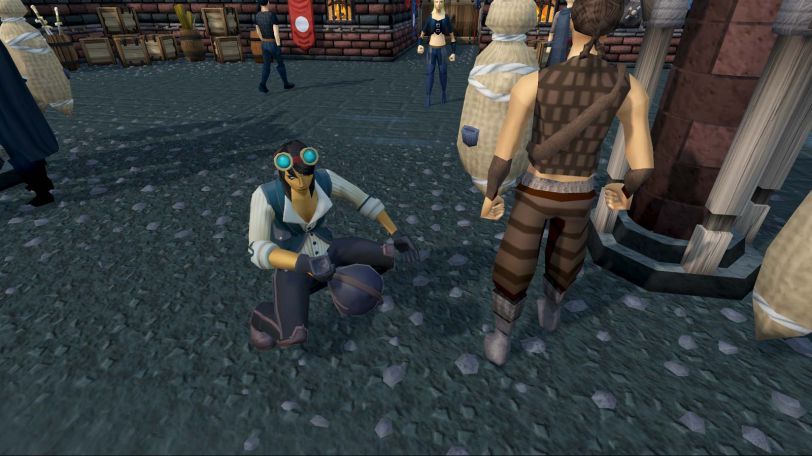
Some games straddle the line between free-to-play and subscription. RuneScape gates lots of content behind a paid membership. This hybrid model keeps the door open to newcomers while ensuring long-term players contribute financially. The subscription feels less like a paywall and more like a commitment to an evolving world.
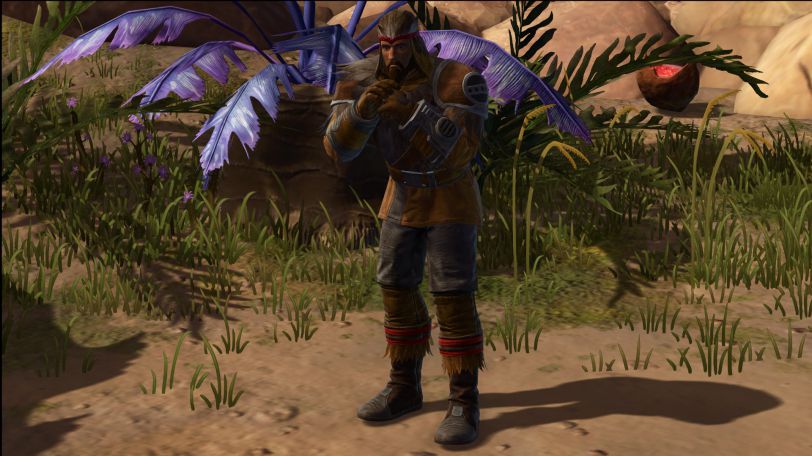
Perhaps the most controversial form of monetization is the loot box. Star Wars: The Old Republic used them extensively back in the day, allowing players to purchase Cartel Packs that contained random cosmetics or rare mounts. The issue with loot boxes lies in their resemblance to gambling — players spend real money without knowing what they will receive. Several regions, including parts of Europe, have imposed regulations requiring developers to disclose drop rates or rework these systems entirely. As a result, many MMOs now prefer direct cosmetic purchases or battle passes.
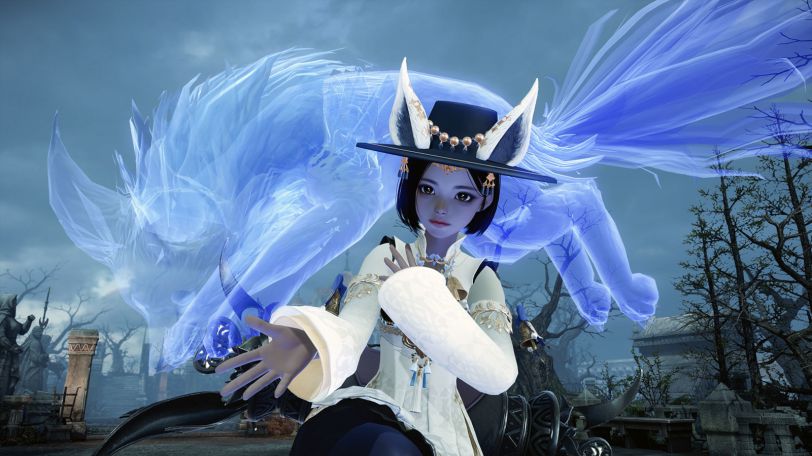
Free-to-play games almost always use at least one form of premium currency. These currencies create a buffer between real money and in-game value, psychologically softening the impact of spending. Lost Ark takes this further with currency exchange systems that allow players to trade real-money currency for in-game gold. On paper, this gives everyone access to paid items without spending cash. In practice, it also fuels inflation and can distort in-game economies. Balancing these markets becomes a constant challenge for developers, especially when real-world cash indirectly controls progression speed.
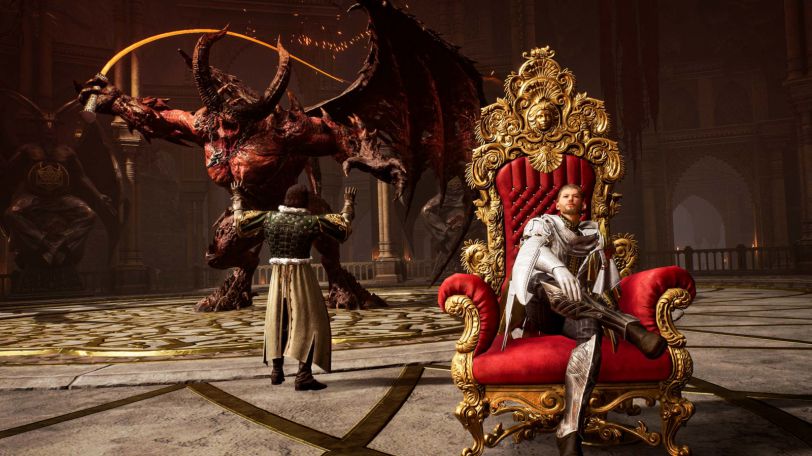
Whether you like it or not, monetization will always exist in free-to-play MMORPGs. It must. That is the only way for them to live on. Sometimes money is made only through cosmetics, or at least pay-for-convenience systems. Other times, the cash flows due to aggressive pay-to-win methods. Free-to-play does not need to exploit its players to thrive. As the genre continues evolving, developers must balance revenue with respect for their audience. Spending should enhance the experience, not define it. When handled fairly, monetization can help virtual worlds stay alive for years without breaking the spirit of “free to play.”
$0.22
-98%
May 17, 2025
Feb 02, 2026